Pauline Julier
Born in 1981
Lives and works in Geneva
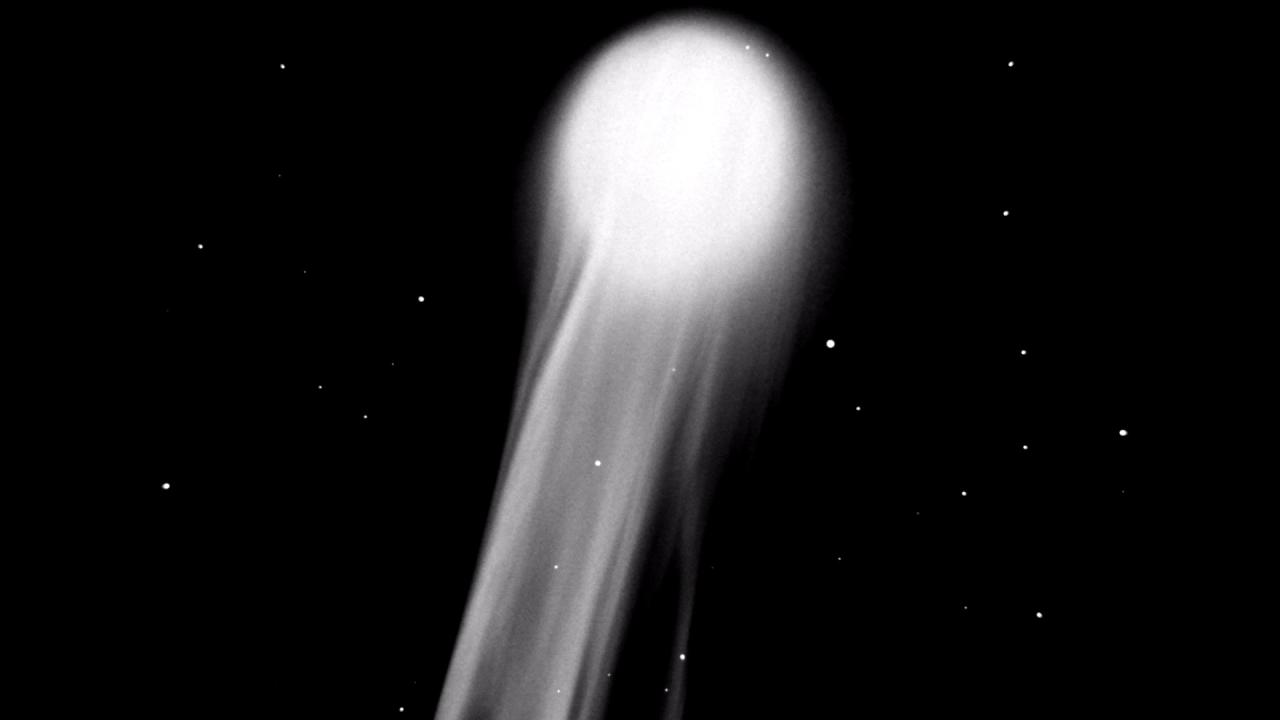
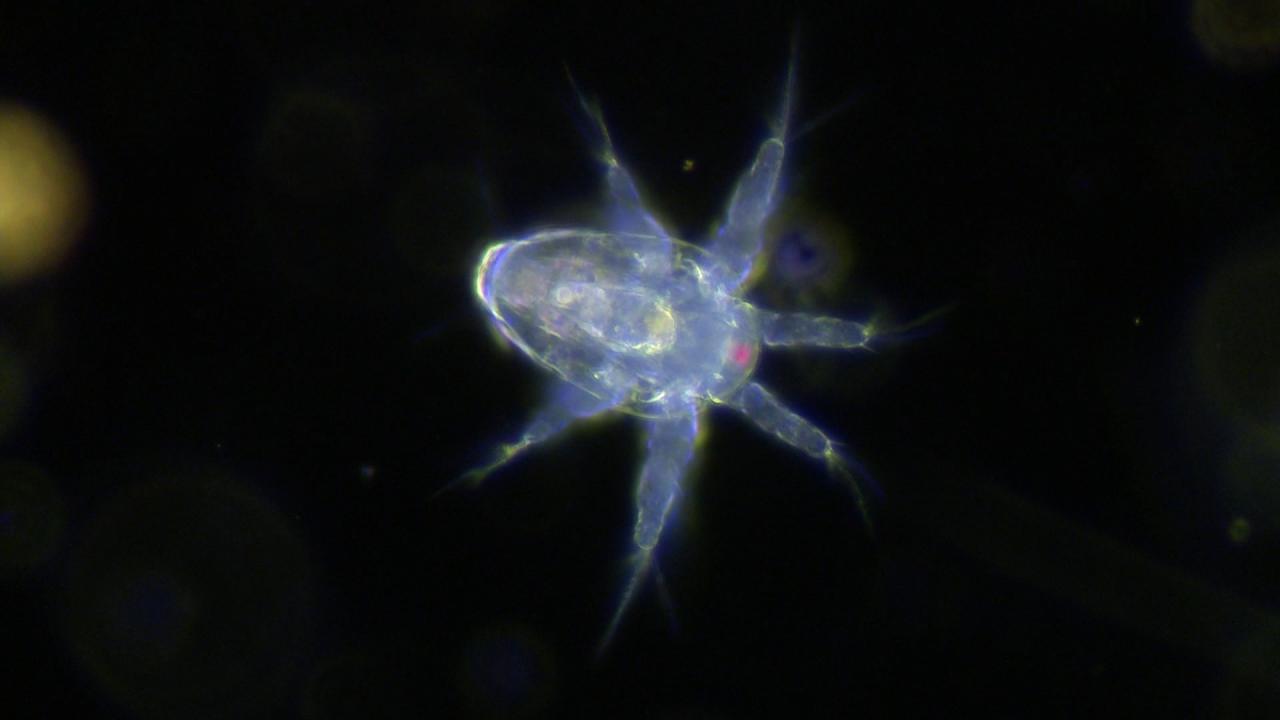
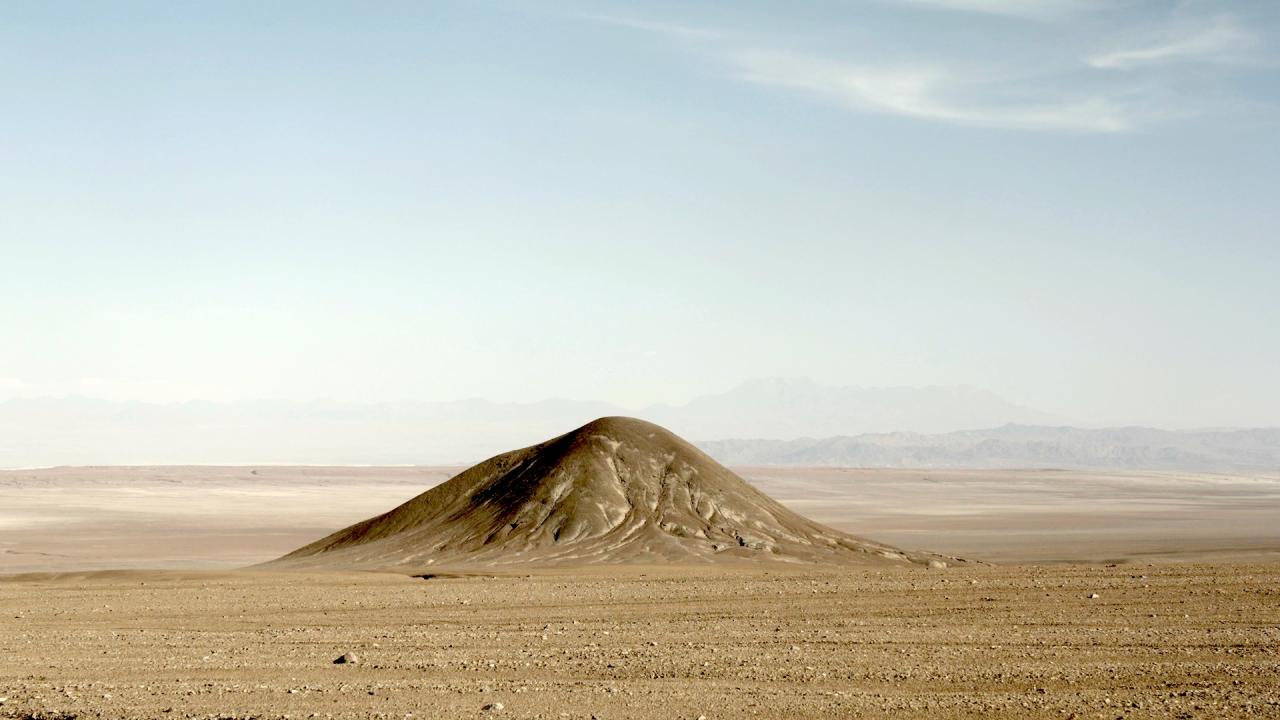
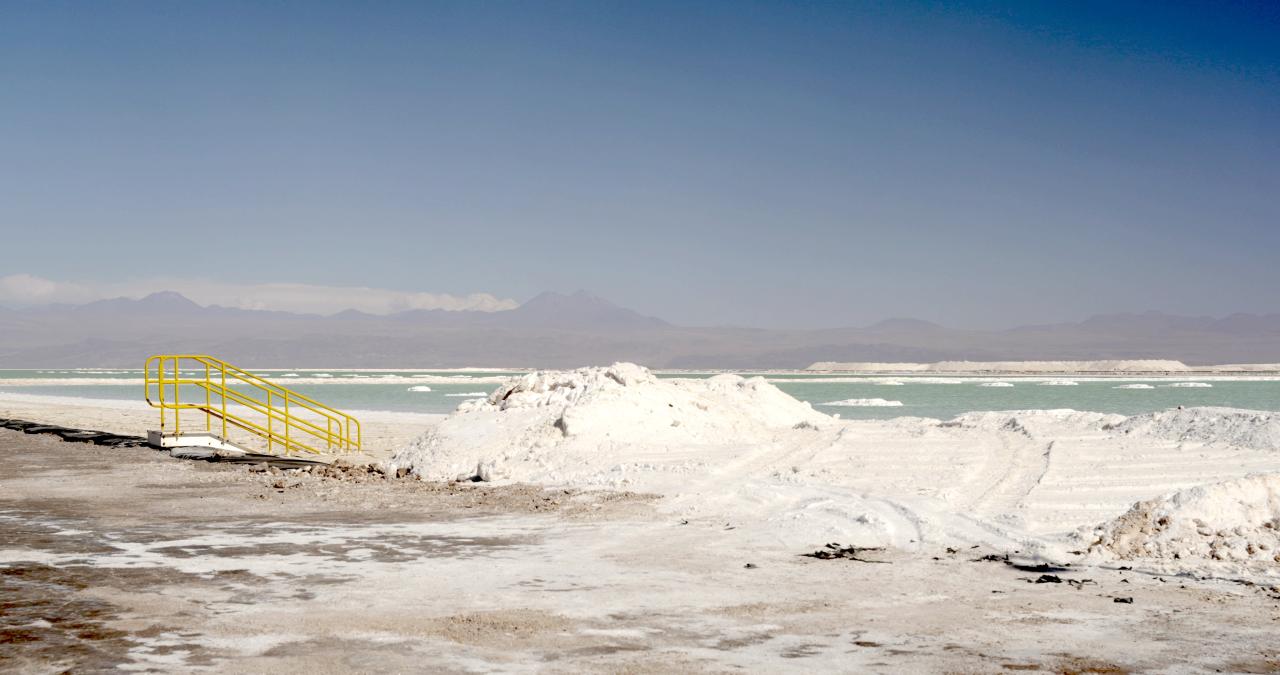
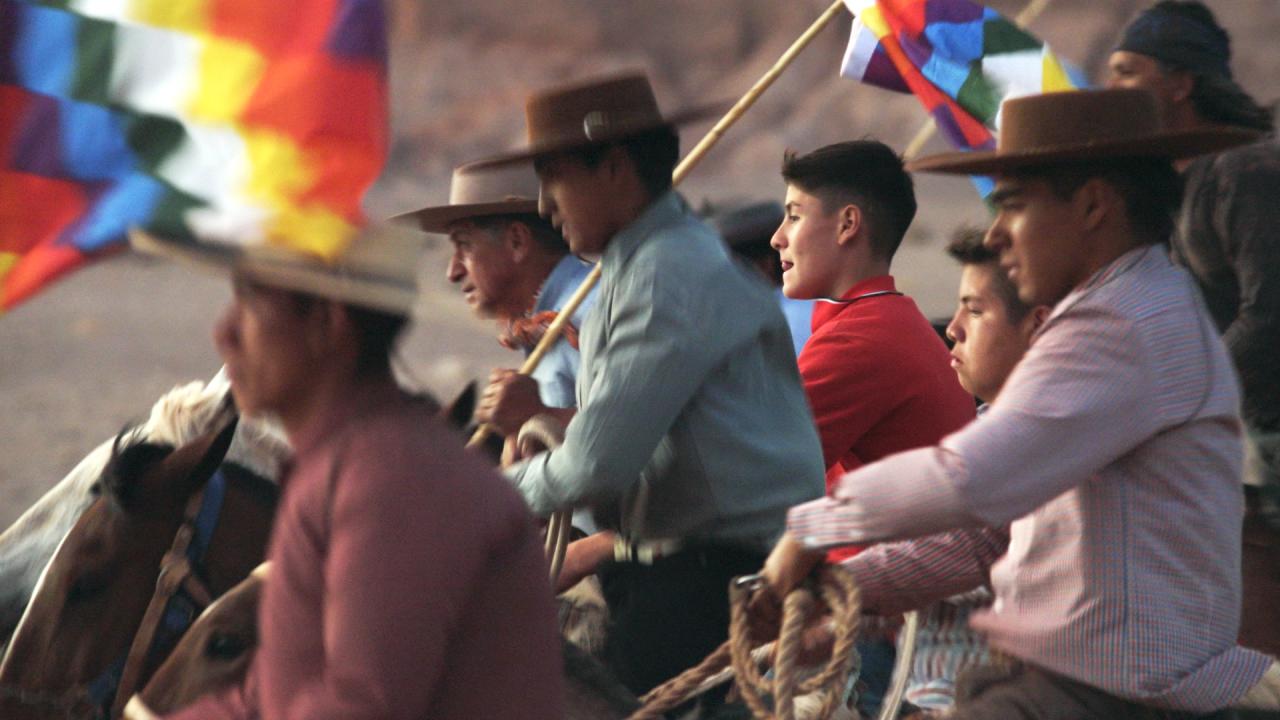
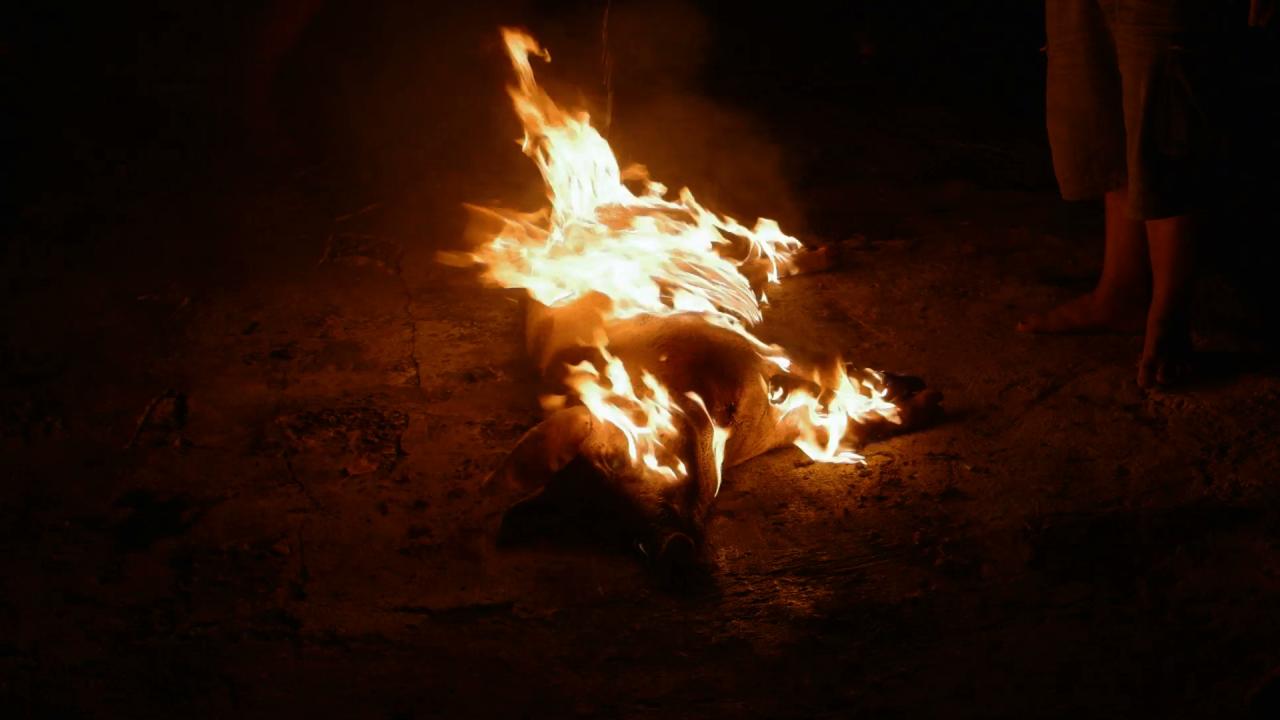
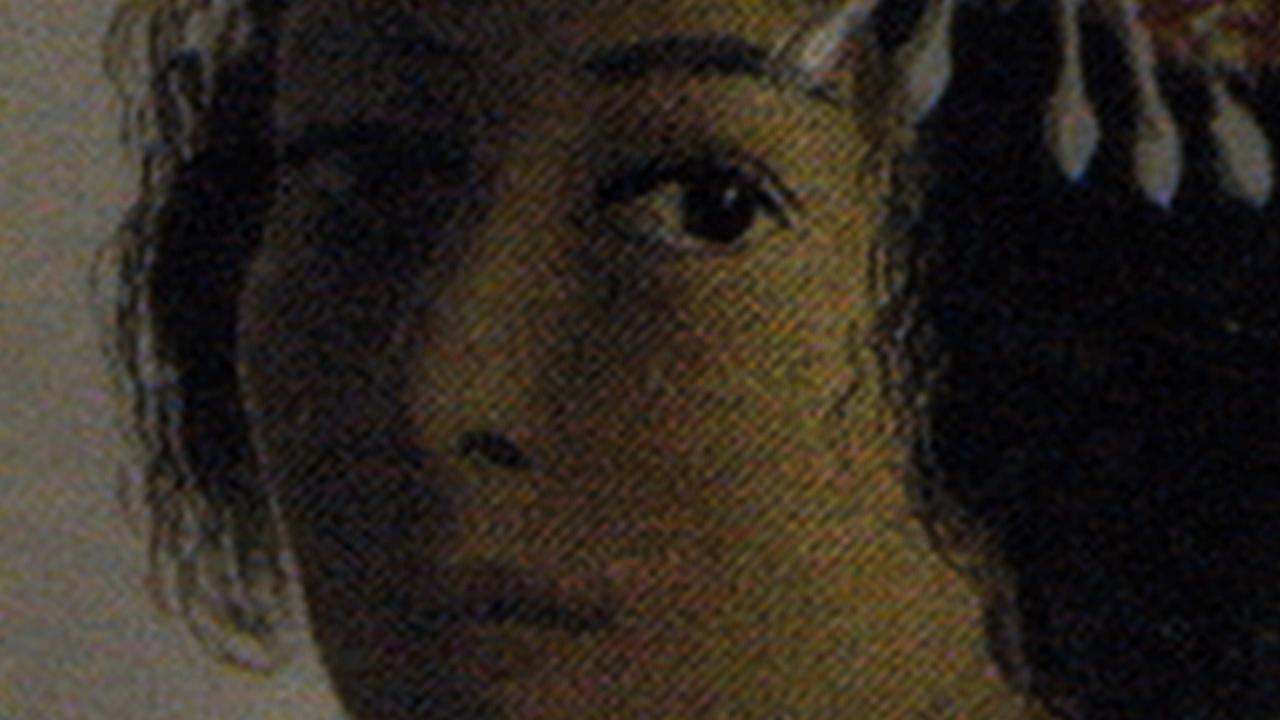
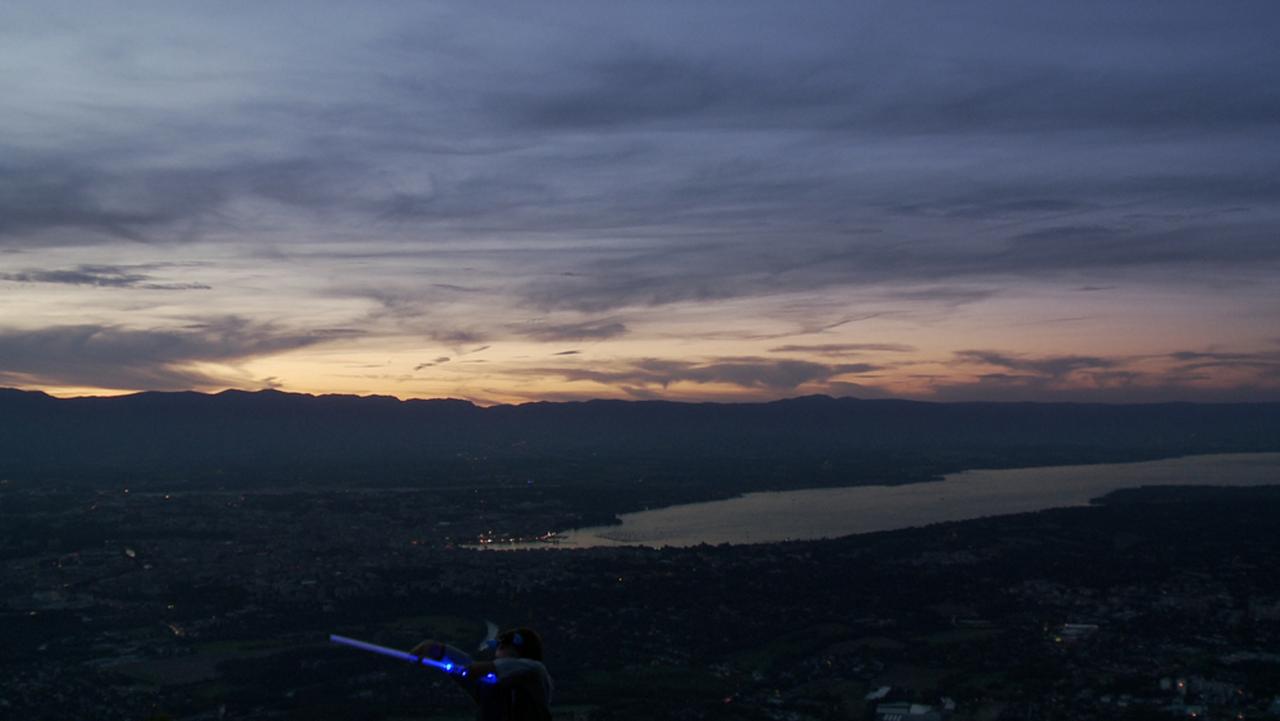
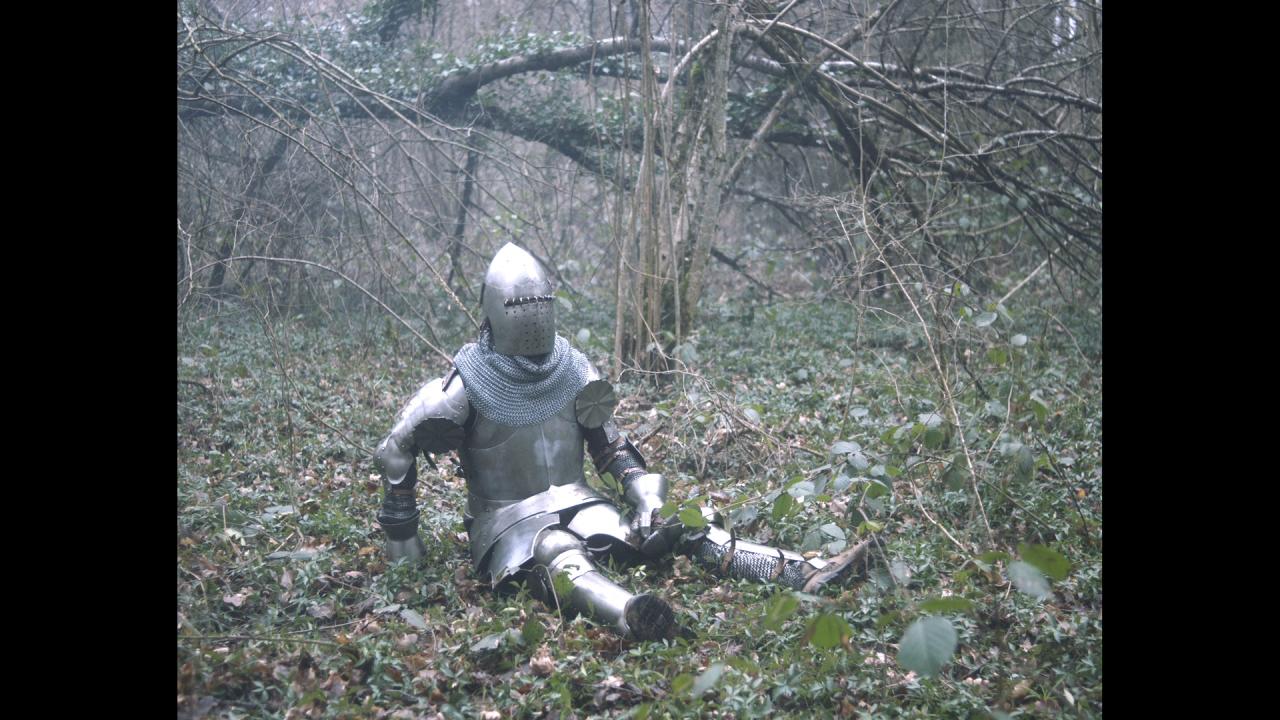
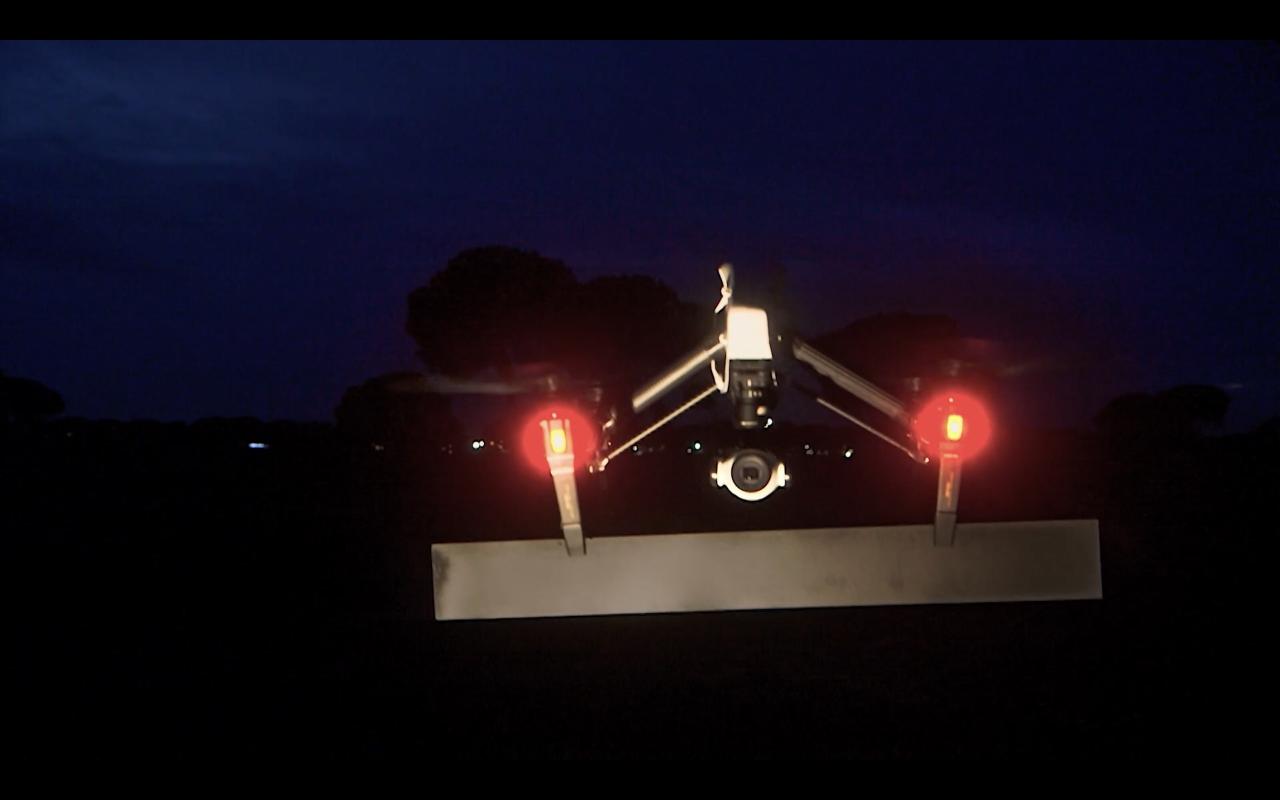
The Polynesian archipelago of Tuvalu (La Disparition des Aïtus [The Disappearance of the Aitu], 2014), the CERN’s colossal new project for a particle accelerator (Way Beyond, 2021), space exploration and indigenous struggles for water in the Atacama desert in Chile (Follow the Water, 2022): the subjects that Pauline Julier tackles seem as vast as they are incongruous. However, this is far from the case, in that she uses her films – and the installations and publications that often come with them – to explore a cohesive set of complex questions. For the past fifteen years, the artist and filmmaker has looked into ecosystems in which practices and knowledge unfold and has studied their mechanisms, rituals, narratives and image production systems.
By blurring the boundaries between the codes of cinema and visual arts, Pauline Julier strives to recount the infinite spectrum of human experiences and the difficulties of cultural transmission. She also exposes nature as a construct. She uses a variety of mediums, whether it be theoretical concepts (Bruno Latour’s concept of the Anthropocene, for instance) or literary interpretations – from Pliny the Elder (Naturales Historiae, 2019) to the poet Amelia Rosselli (Cercate Ortensia, 2021); archive papers or footage; or invaluable conversations earned through trust as the outcome of long stays in the field or interviews with scientists. Because of this, document and fiction constantly intertwine in her works, as do techniques (16 mm film, digital images, slides, etc.). Texts and carefully chosen words also give rhythm to the narratives that the artist builds, acting as voice overs that cut through the powerful flow of images, giving free rein to the words of the men and women that she met.
Beyond the rigorous research she undertakes for her films and their political, scientific and social relevance, Pauline Julier’s works readily turn to poetry and humour, from the grandiose beauty of NASA images to the mundane words of the physicians. From the devastating effects of colonialism to the destruction caused by the intensive extraction of raw materials to global warming: the artist’s epistemological quest highlights the frailty of human knowledge, which in turn echoes the frailty of the world – a concern for the future that was also present in one of her first films, Noé (2010).
Text by Nolwenn Mégard
Translated by Lucy Pons